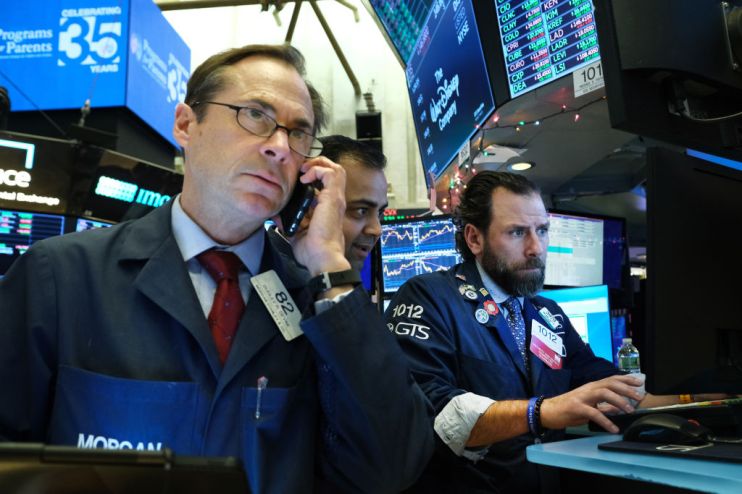Investors brace for rocky week of geopolitical tension

Investors are bracing themselves for a rocky week’s trading which will be dominated by heightened tensions in the Middle East and feature a key US jobs report and many companies’ financial results.
Traders started 2020 in a buoyant mood on Thursday of last week, with equity indices rising considerably. The US’s assassination of Iranian general Qasem Soleimani on Friday morning caused the tide to turn, however, sending markets tumbling towards the red.
Read more: Qasem Soleimani: Dominic Raab urges ‘nefarious’ Iran to calm tensions
Tensions show little sign of abating, with US President Donald Trump threatening to hit 52 Iranian targets if the Islamic republic takes revenge.
“The Middle East developments have provided the necessary spark for a sell-off, although given how strong the market has been over the past few weeks the ‘dip’ may not last long,” said Chris Beauchamp, chief market analyst at trading platform IG.
Prior to the assassination, stimulus measures by the Chinese government had pushed up shares.
Beauchamp said oil stocks is one section of the market poised to benefit from the tensions, which have pushed the Brent crude oil price up to around $68.70. “Oil’s breakout looks to have further to run,” he said.
Financial commentator David Buik said: “I suspect markets may prove more volatile next week, now that there is more information and official comment than was available on Friday.”
Buik said it will be a busy week for the UK market, with firms such as Dunelm, Greggs, Sainsbury’s, John Lewis, Premier Oil and JD Sports all publishing results.
Investors will be hoping these big firms deliver some good news to the UK economy after a bruising 2019, which the British Chambers of Commerce (BCC) last week said ended in stagnation.
BCC chief economist Suren Thiru said: “The fourth quarter was characterised by a broad-based slowdown in the dominant services sector with all key indicators weakening in the quarter, amid sluggish household expenditure and crippling cost pressures.”
Read more: Andrew Bailey: Three issues the new Bank of England chief will have to tackle
The US economy also had a weak end to the year, according to the closely-watched ISM manufacturing purchasing managers’ index, which on Friday delivered its worst reading in more than a decade.
Investors will nervously await the important US jobs data, which is due on Friday, and will indicate the direction of the world’s biggest economy at the start of 2020.